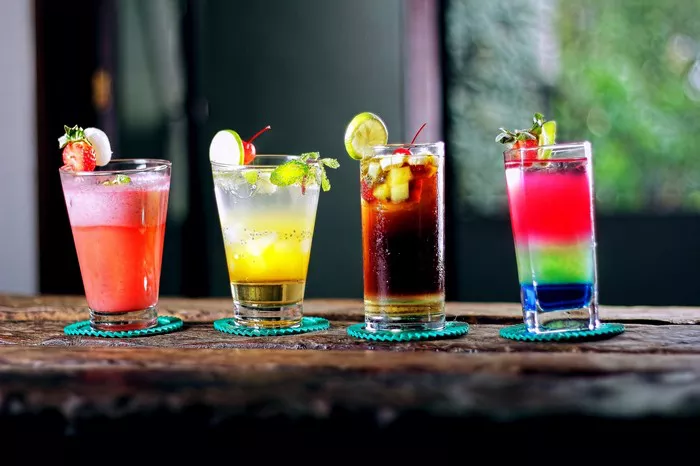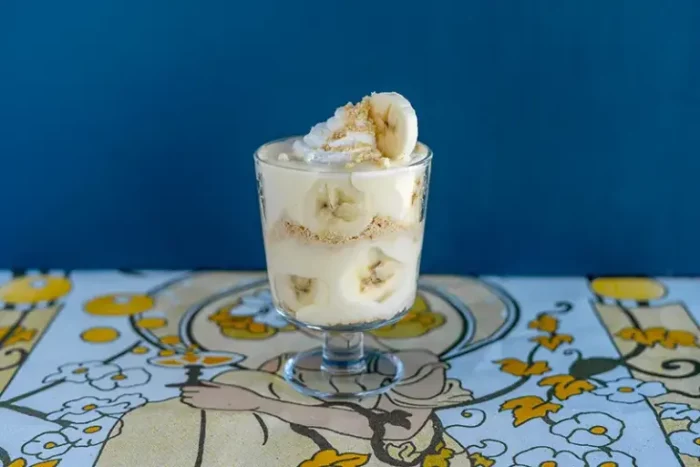In South Africa, Anheuser-Busch InBev’s South African Breweries (SAB) launched the ‘Drive Sharp’ campaign to prevent drink-driving, especially among younger drivers. The campaign uses social media, short documentaries featuring victims and their families, and collaborations with law enforcement to raise awareness and combat drink-driving.
Meanwhile, AB InBev’s South Korean OB Beer division launched a series of responsible drinking campaigns, including annual anti-drink-driving initiatives and the ‘Your Majesty November’ underage-drinking prevention campaign. In support of its Global Beer Responsible Day, OB Beer promoted its alcohol-free beer as a responsible alternative.
Diageo’s Uganda Breweries Ltd (UBL) focused on promoting moderate drinking at prominent events, including the Nyege Nyege Festival and Bell Obafest. UBL set up responsible drinking zones at these events and engaged attendees with interactive activities to highlight the importance of moderation.
In Romania, Molson Coors Beverage Co’s Bergenbier introduced the #TraiesteResponsabil campaign, encouraging consumers to embrace a balanced lifestyle. The campaign began with a podcast discussion and will continue to promote responsible drinking through social media channels.
Pernod Ricard also relaunched its ‘Drink More Water’ campaign in Nigeria to address binge drinking among young people, offering complimentary water at events to raise awareness.
Suntory, in Japan, launched its ‘Drink Smile’ initiative, which will hold nationwide seminars through 2030 to educate 200,000 people on the importance of a responsible drinking culture. Suntory aims to reach 1 billion consumers globally with its moderation message over the next six years.
Environmental EffortsIn an effort to tackle climate change, several major brands joined the REfresh Alliance, a new initiative to accelerate the adoption of renewable energy in supply chains. Bacardi, Carlsberg, Coca-Cola, Diageo, Heineken, Molson Coors, and Pernod Ricard are part of this collective effort to help suppliers transition to renewable energy sources.
Asahi, based in Japan, partnered with the UN’s World Intellectual Property Organization (WIPO) to promote green technologies and innovations. Asahi’s collaboration is part of its broader strategy to achieve net-zero emissions by 2040. The company also launched its ‘Sustainability Growth Platform’ to collaborate with start-ups and scale-ups in developing environmental solutions.
Bacardi supported environmental conservation efforts at the Puerto Rico Bat Festival, collaborating with the Puerto Rico Bat Conservation Program. The company installed an acoustic monitoring system at its headquarters to monitor bat species and promote the growth of native bat populations.
In Denmark, Carlsberg began brewing its first beer made from regeneratively grown raw materials. As part of its sustainability strategy, Carlsberg plans to use 100% regenerative raw materials in all global production by 2040, starting with a limited edition beer in 2025.
Moët Hennessy’s Glenmorangie brand celebrated a milestone in its ‘Dornoch Environmental Enhancement Project’ by restoring its 100,000th oyster to the Dornoch Firth in Scotland. The initiative is aimed at restoring the region’s extinct oyster reef and continues with plans to release millions more oysters in the coming years.
In South Korea, Lotte Chilsung, a subsidiary of Lotte Group, participated in a roundtable hosted by the World Wildlife Fund to discuss solutions to plastic pollution. The company committed to reducing its plastic usage by 20% by 2030.
Governance InitiativesCarlsberg, in China, launched the 21st edition of its scholarship programme, which has already supported over 1,800 students from underprivileged backgrounds to pursue higher education. This year, Carlsberg expanded the number of scholarships and introduced a work-study program that offers students the chance to secure employment with the company after graduation.
In Japan, Kirin was recognized with Gold Certification from the PRIDE Index for the third consecutive year. The PRIDE Index promotes LGBTQ+ diversity management in companies, and Kirin met all five evaluation criteria to support LGBTQ+ rights in the workplace.
In France, Pernod Ricard continued its investment in worker safety at its vineyards. Since launching its worker safety program in 2019, the company’s Martell vineyard in Cognac has seen a significant reduction in accidents, with only one workplace-related absence reported since the program’s initiation.
ConclusionNovember 2024 marked a significant month for the global drinks industry, as major brands made strides in promoting responsible drinking, environmental sustainability, and diversity in governance. These initiatives reflect the industry’s growing commitment to addressing social, environmental, and governance challenges, and further highlight the importance of collaboration between brand owners, local communities, and global organizations in driving positive change.
Related topics:
- Bakery Denies Political Bias in Whoopi Goldberg Dessert Order
- Study: Picky Eating in Kids Is Largely Genetic
- Mother Attacks Staff After Son Steals Milk Tea






















